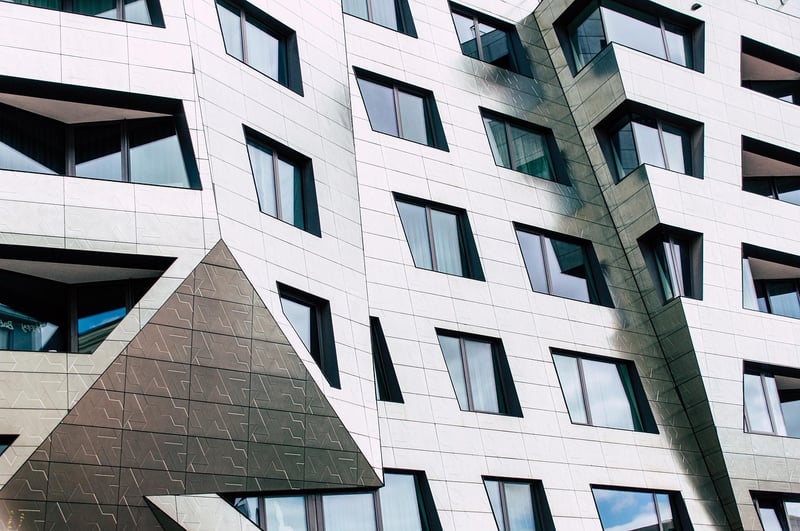Resourceful Designs
Promoting Environmental Consciousness through Resourceful Designs
In today's world, where environmental issues are becoming increasingly urgent, it's essential to incorporate eco-friendly practices into our daily lives. One way to do this is through resourceful designs that not only minimize waste but also contribute to a sustainable future. Let's explore how innovative designs can promote environmental consciousness.
1. Sustainable Materials
Using sustainable materials like bamboo, cork, reclaimed wood, and recycled plastic in design can significantly reduce the environmental impact of production. These materials are renewable, biodegradable, and often require less energy to manufacture, making them an excellent choice for eco-conscious consumers.

2. Energy-Efficient Solutions
Integrating energy-efficient solutions into designs, such as LED lighting, solar panels, and smart thermostats, can help reduce energy consumption and lower carbon emissions. These technologies not only benefit the environment but also lead to cost savings for homeowners and businesses in the long run.

3. Upcycling and Repurposing
Upcycling and repurposing old or discarded items into new products not only prevent waste from ending up in landfills but also give new life to materials that would otherwise be discarded. From furniture made from reclaimed wood to fashion accessories created from upcycled fabrics, there are endless possibilities for creative and sustainable designs.

4. Green Architecture
Green architecture focuses on designing buildings that minimize environmental impact while maximizing energy efficiency and sustainability. Features like green roofs, passive solar design, and rainwater harvesting systems are just a few examples of how architecture can be both aesthetically pleasing and environmentally friendly.

By embracing resourceful designs that prioritize sustainability and environmental consciousness, we can all play a part in preserving our planet for future generations. Let's make conscious choices in the products we use and the spaces we inhabit to create a greener and more sustainable world.
